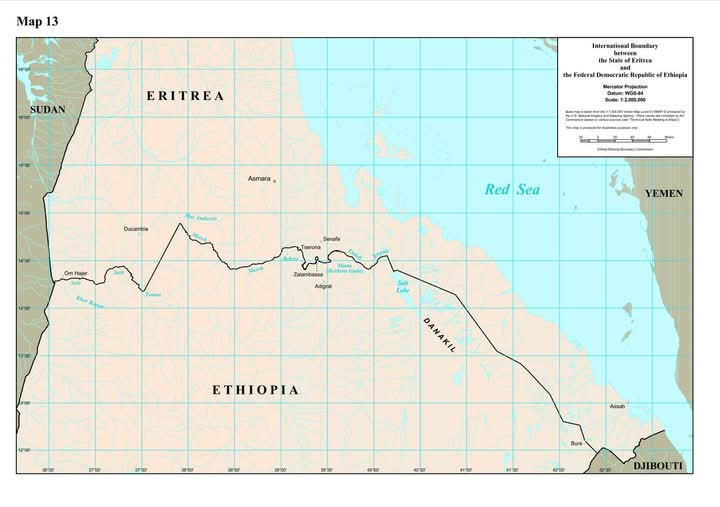
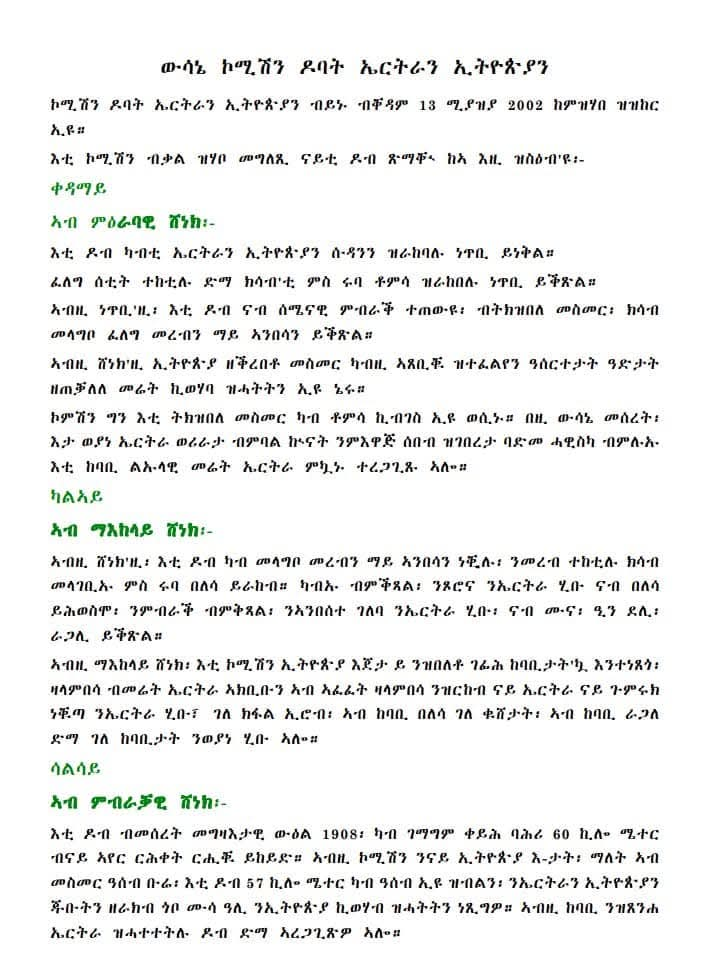
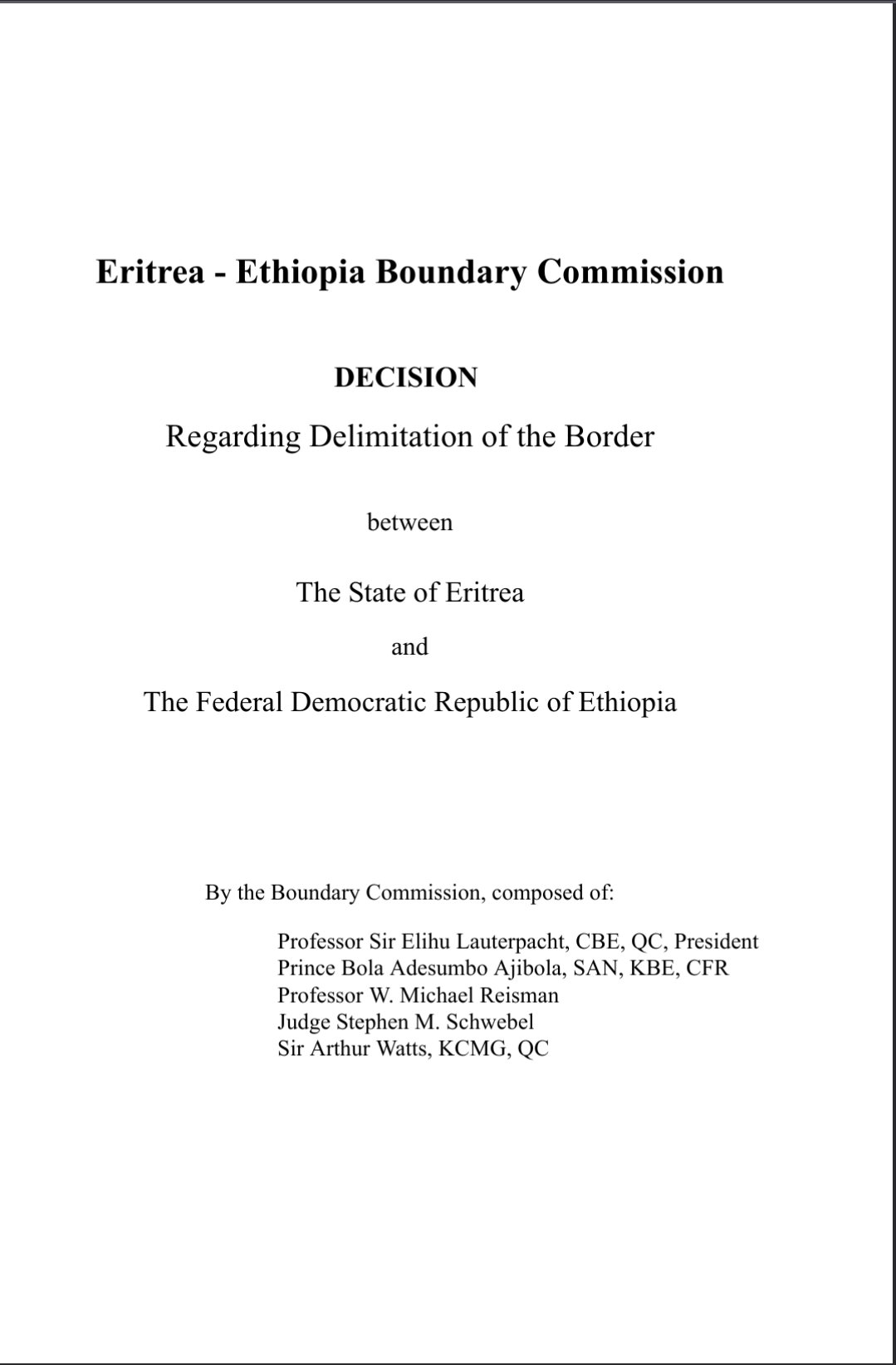
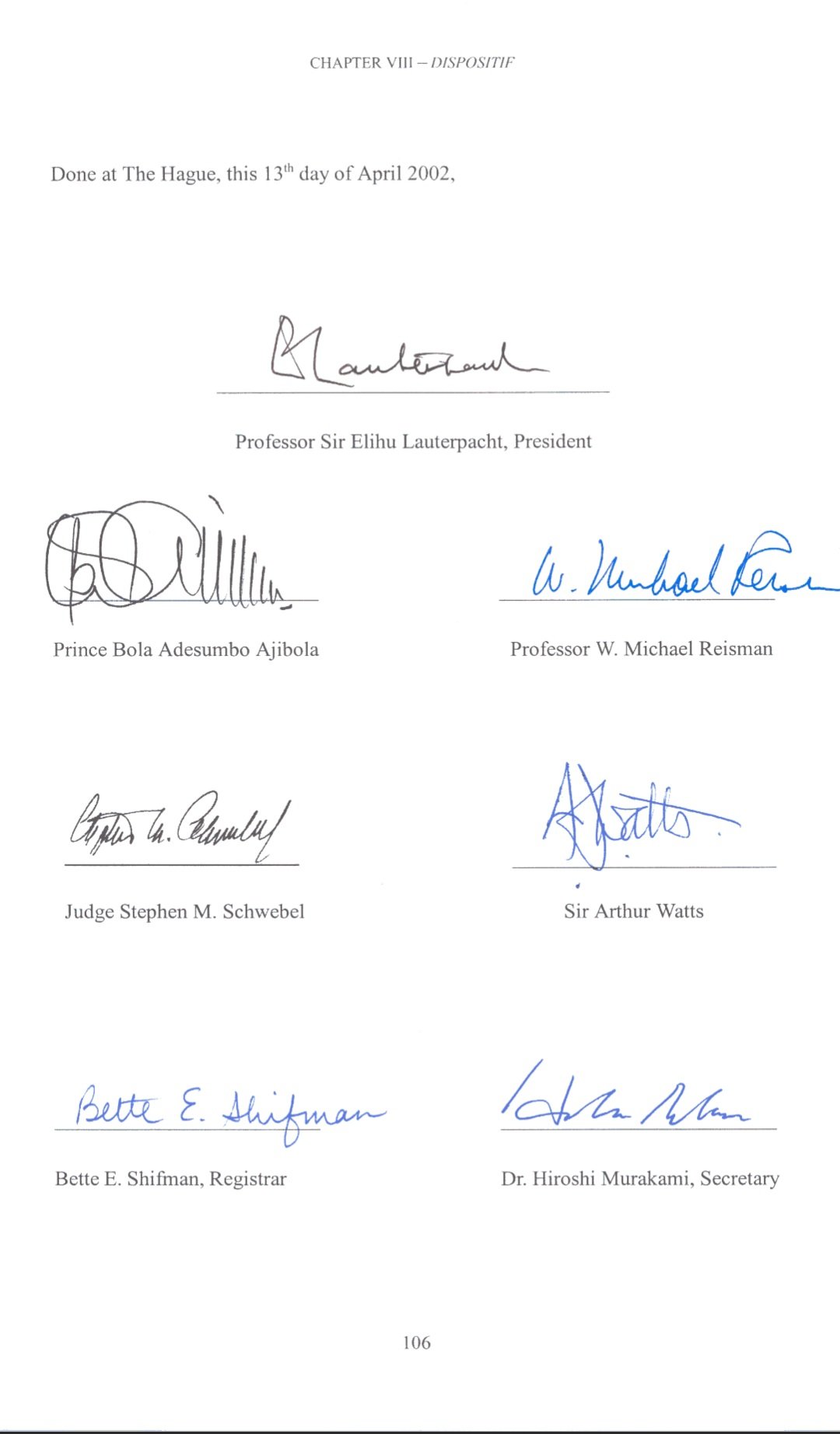

On 13 April 2002, the Eritrea-Ethiopia Boundary Commission (EEBC), established pursuant to the Algiers Agreement with the mandate of delimiting and demarcating the Eritrea-Ethiopia boundary, delivered its FINAL and BINDING verdict.





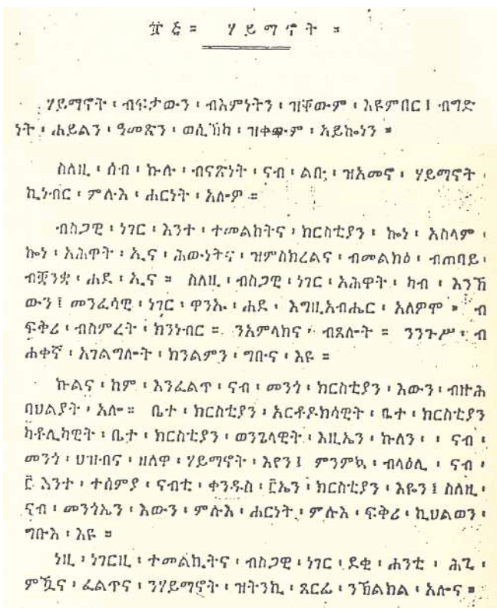
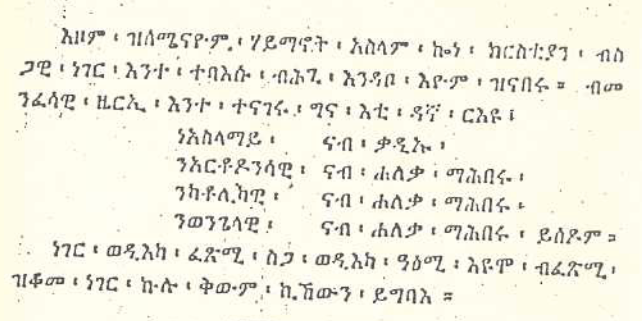

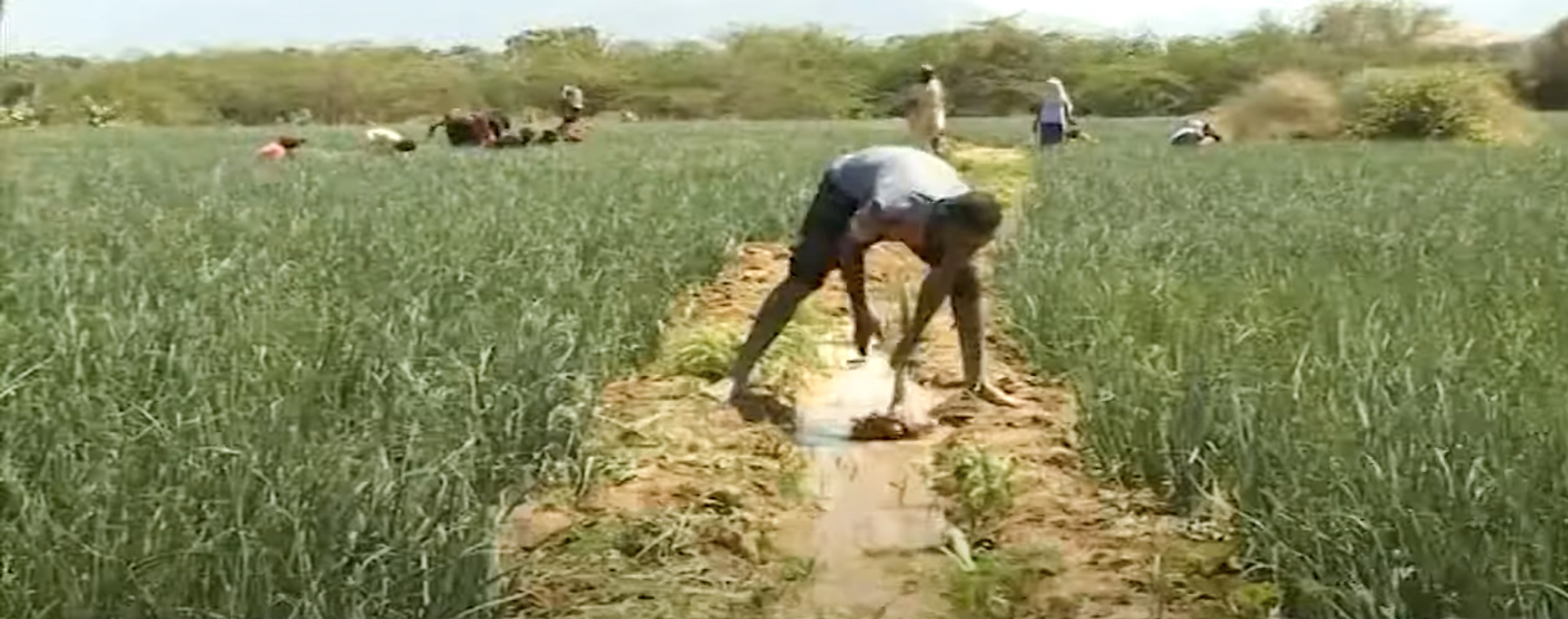


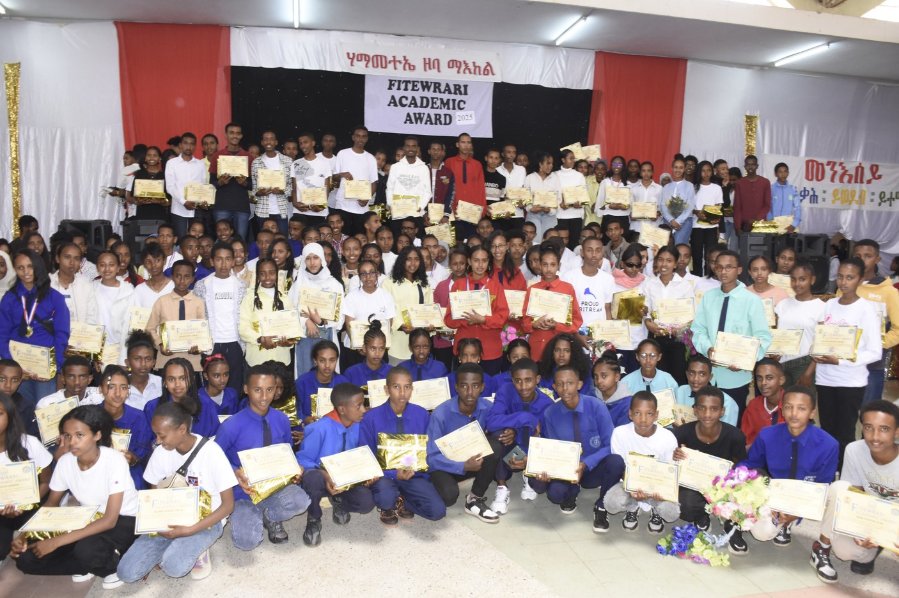
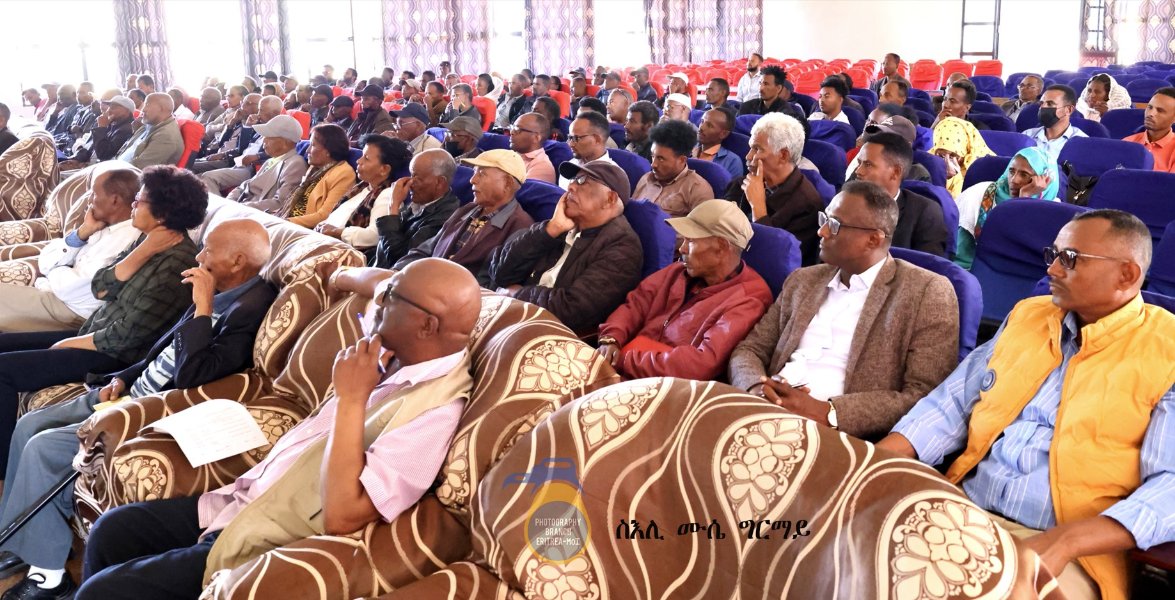
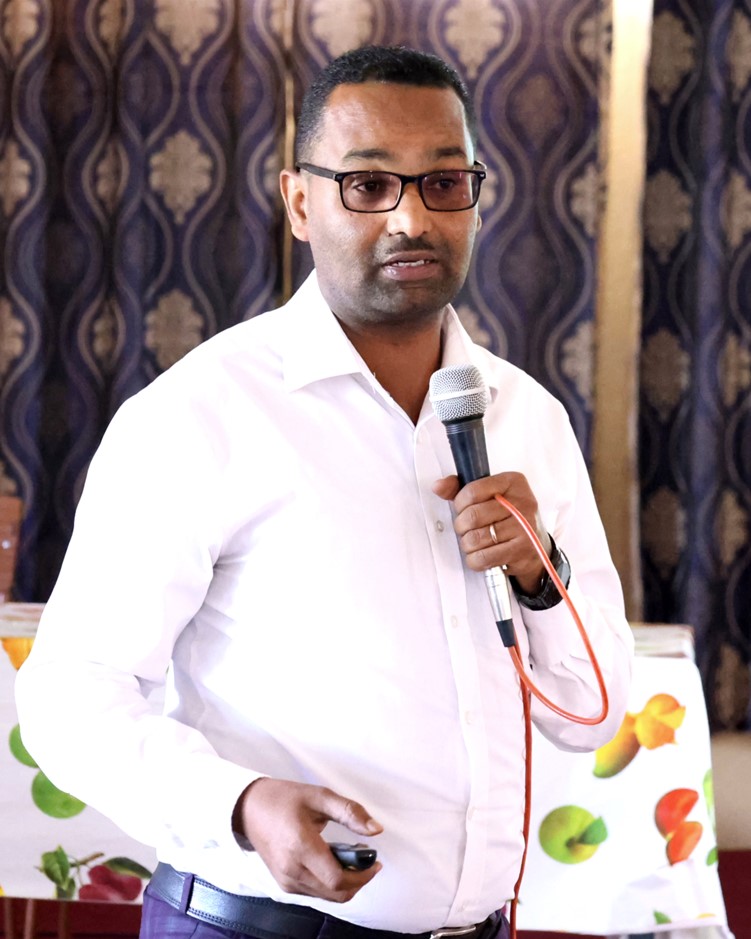

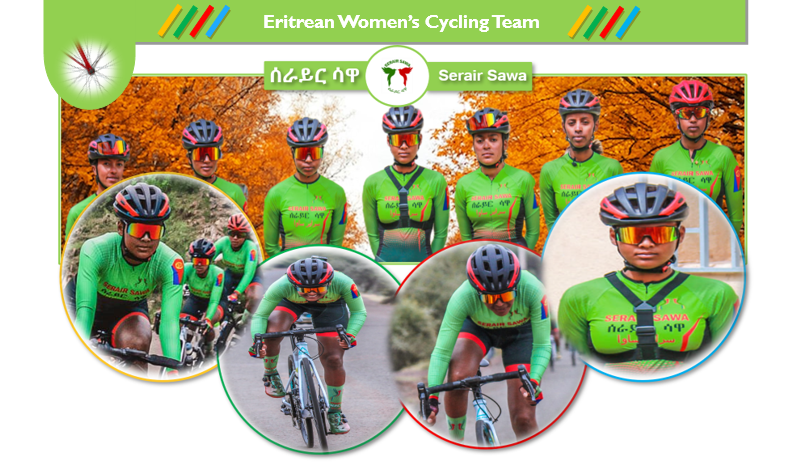



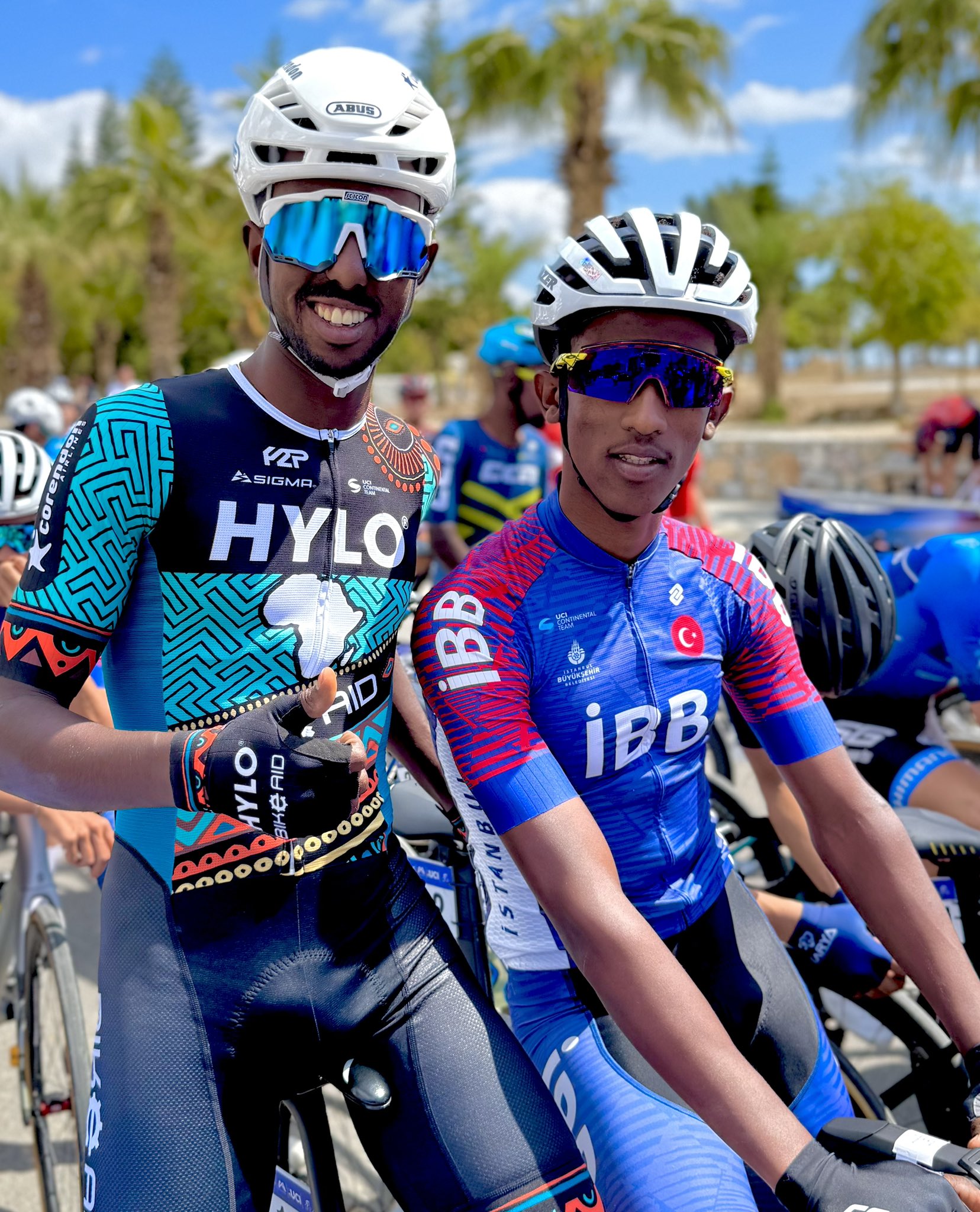




Odie wrote: ↑13 Apr 2025, 04:00ፓፓፓፓፓፓፓፓ!
That is why we said you are the archivist of the Shabiya cult societyYou just found it but same old same old.
Did you just by chance guessed which countries the signees come from by their name? I kind of guessed and found it interesting
But, did not your cousins looked at this paper and fling it on your face because it did not go well with them it did not include places they thought they would go their way?
Oh! also, why was the demarcation done so quickly that time? Why was the port issue was not killed that time before it remained as a piece of wood in the wound?
When you bring this memory it reminds the number of kids who perished on both sides because of TPLF and your cult for something that should have been finished amicably and diplomatically in a way that materialized the needs of both sides of the aisle. It is one of the worst deals or adulterated arbitration in the world, a part of destruction of Ethiopia by the two cult groups shabiya and TPLF and acolytes. Just a personal apolitical view.
Odie wrote: ↑13 Apr 2025, 04:00ፓፓፓፓፓፓፓፓ!
That is why we said you are the archivist of the Shabiya cult societyYou just found it but same old same old.
Did you just by chance guessed which countries the signees come from by their name? I kind of guessed and found it interesting
But, did not your cousins looked at this paper and fling it on your face because it did not go well with them it did not include places they thought they would go their way?
Oh! also, why was the demarcation done so quickly that time? Why was the port issue was not killed that time before it remained as a piece of wood in the wound?
When you bring this memory it reminds the number of kids who perished on both sides because of TPLF and your cult for something that should have been finished amicably and diplomatically in a way that materialized the needs of both sides of the aisle. It is one of the worst deals or adulterated arbitration in the world, a part of destruction of Ethiopia by the two cult groups shabiya and TPLF and acolytes. Just a personal apolitical view.
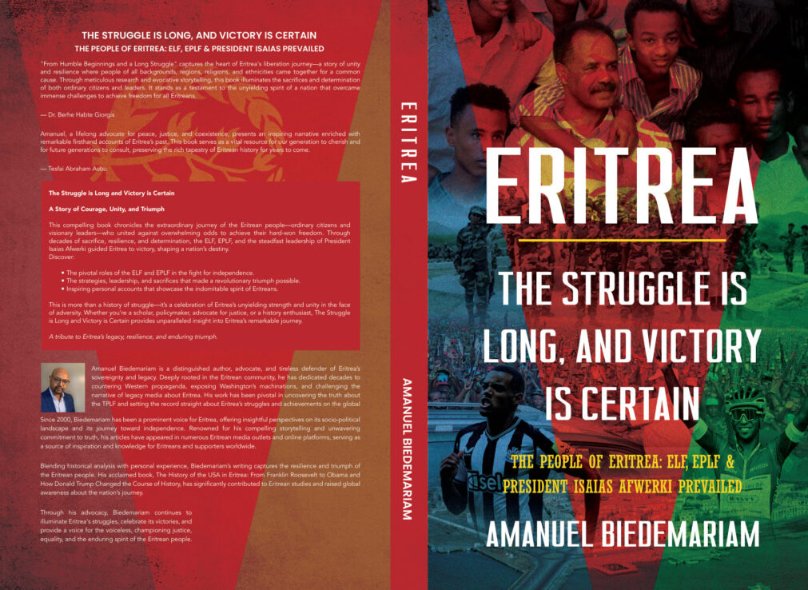
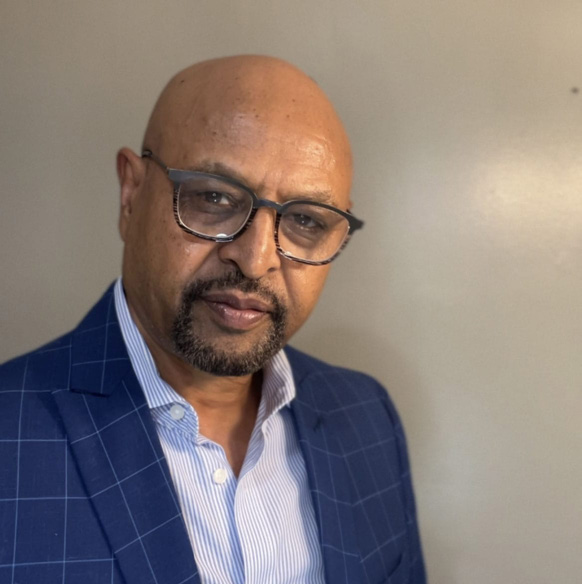
But our greatest, most precious asset, without any doubt, is our children.

Nobility and kingdoms is from the south not from the north but times have changed and some obnoxious people came and left and came. It was the king and his noble diplomacy that melted you away like a candy smoothly without pain in tranquility and mixed you with your ancestral land which you hate.Deqi-Arawit wrote: ↑13 Apr 2025, 04:23Odie wrote: ↑13 Apr 2025, 04:00ፓፓፓፓፓፓፓፓ!
That is why we said you are the archivist of the Shabiya cult societyYou just found it but same old same old.
Did you just by chance guessed which countries the signees come from by their name? I kind of guessed and found it interesting
But, did not your cousins looked at this paper and fling it on your face because it did not go well with them it did not include places they thought they would go their way?
Oh! also, why was the demarcation done so quickly that time? Why was the port issue was not killed that time before it remained as a piece of wood in the wound?
When you bring this memory it reminds the number of kids who perished on both sides because of TPLF and your cult for something that should have been finished amicably and diplomatically in a way that materialized the needs of both sides of the aisle. It is one of the worst deals or adulterated arbitration in the world, a part of destruction of Ethiopia by the two cult groups shabiya and TPLF and acolytes. Just a personal apolitical view.
Do southerners know the definition of diplomacy or win win situation? To keep your promise and your words is something which is cherished among the nobility of the north, Qal zeyy MeEtsaf (not bending your words) or Klte Melhas which means not to have two tongues. These attribution are non existent among the hillbilly of the south, in fact backstabbing, cheating is regarded as diplomatic acumen in the south.
This is the diplomatic path you kept forgetting, When Eritrea was federated with Ethiopia in 1952, Haile Selasie monarch was in the country total control of foreign and defense policy, while internal policy should be taken care by the Eritrean assembly. So far so good. Instead of accepting the reality as they were and pursue the same policy for the countries both interest, what do the low IQ southerners do? they concoct to abolish the Eritrean assembly and make Eritrea a region among the backward southerners and insult to the injury, enforce Amharic language in Eritrea, a language which were allien to Eritrea and Eritreans,,,This is where hell broke loose and the consequences of the 30 armed struggle war.
Even Mengistu could have ended the war by coming to the negotation table with good faith which is win win to both Eritrea and Ethiopia but the Baria took a policy which nothing or all and he lost all.
The same could be said about Tigrians, Instead of negotiation in good faith from a strong position, they start to understand the concept of negation after they lose everything. The irony of all irony is, even their offspring including yourself dont even understand what went wrong and what went right, it is the same vicious cycle which keep repeating. That is also why, I believe "Ethiopians" are low IQ, their so called scholars are a bunch of opportunist whores who say anything to appease the rulers by compromising their intellectual integrity.


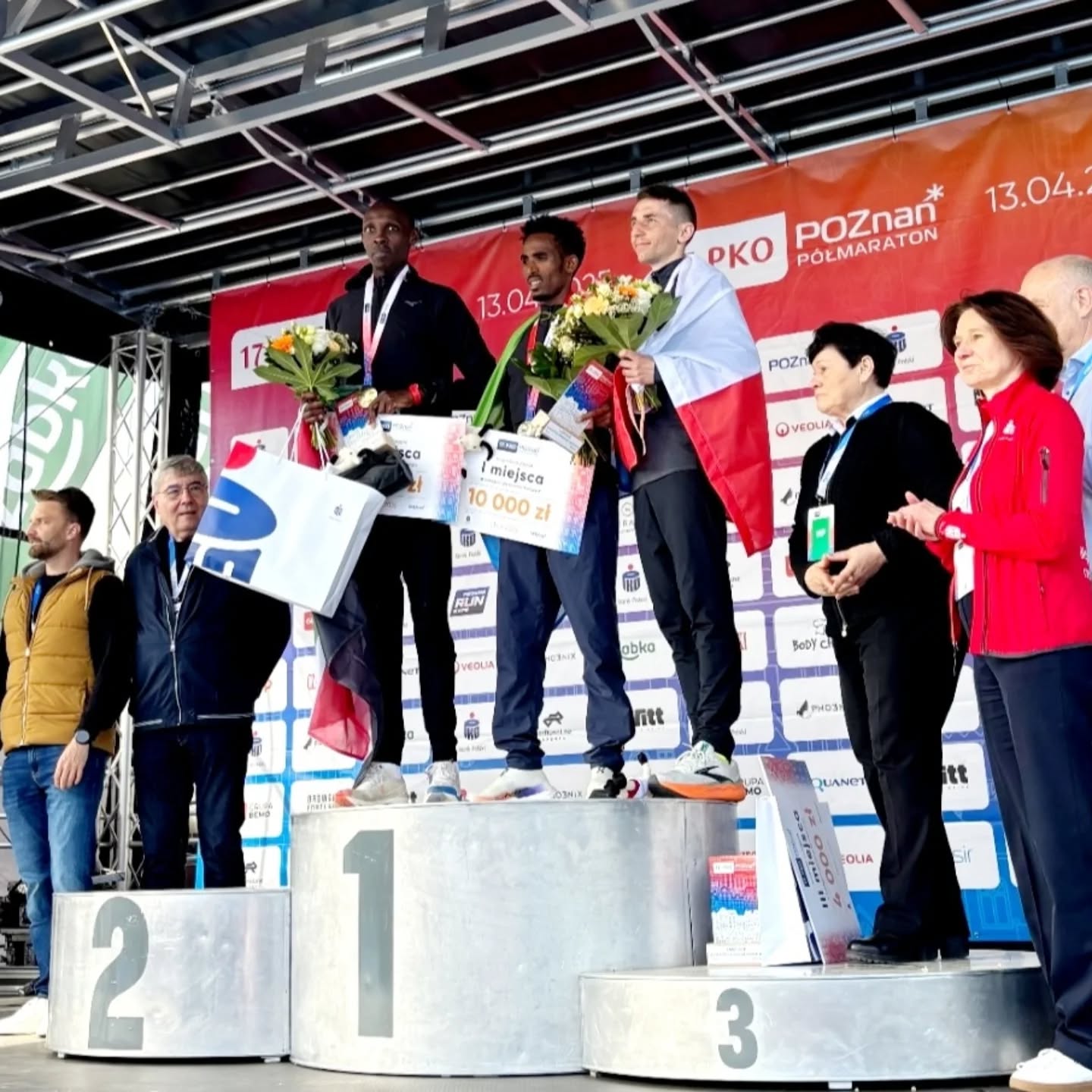

You know what's funny too, brother?
1. VAN DER POEL Mathieu: Alpecin - Deceuninck 5:31:27
2. POGAČAR Tadej: UAE Team Emirates - XRG 1:18
3. PEDERSEN Mads: Lidl - Trek 2:11
4. VAN AERT Wout: Team Visma | Lease a Bike "
5. VERMEERSCH Florian: UAE Team Emirates - XRG "
6. RUTSCH Jonas: Intermarché - Wanty 3:46
7. BISSEGGER Stefan: Decathlon AG2R La Mondiale Team "
8. HOELGAARD Markus: Uno-X Mobility "
9. WRIGHT Fred: Bahrain - Victorious 4:35
10. REX Laurenz: Intermarché - Wanty 4:36
11. PHILIPSEN Jasper: Alpecin - Deceuninck 4:38
12. HALLER Marco: Tudor Pro Cycling Team 4:43
13. GANNA Filippo: INEOS Grenadiers 4:45
14. MIHKELS Madis: EF Education - EasyPost "
15. GIRMAY Biniam: Intermarché - Wanty "
I hate to call it dementia but what about cognitive impairment due to aging that stole your understanding of the post?Zmeselo wrote: ↑13 Apr 2025, 04:35I can't make head or tail of what you said, but can tell you this.
Your cousins the TPLF, aided by the USA, were so certain the decision will go their way that they cautioned Eritrea of the need to accept the decision without "ifs or buts"- to quote chihuahua Meles.
As for the commission, here, you can read for yourself:
https://pca-cpa.org/en/cases/99/
Odie wrote: ↑13 Apr 2025, 04:00ፓፓፓፓፓፓፓፓ!
That is why we said you are the archivist of the Shabiya cult societyYou just found it but same old same old.
Did you just by chance guessed which countries the signees come from by their name? I kind of guessed and found it interesting
But, did not your cousins looked at this paper and fling it on your face because it did not go well with them it did not include places they thought they would go their way?
Oh! also, why was the demarcation done so quickly that time? Why was the port issue was not killed that time before it remained as a piece of wood in the wound?
When you bring this memory it reminds the number of kids who perished on both sides because of TPLF and your cult for something that should have been finished amicably and diplomatically in a way that materialized the needs of both sides of the aisle. It is one of the worst deals or adulterated arbitration in the world, a part of destruction of Ethiopia by the two cult groups shabiya and TPLF and acolytes. Just a personal apolitical view.